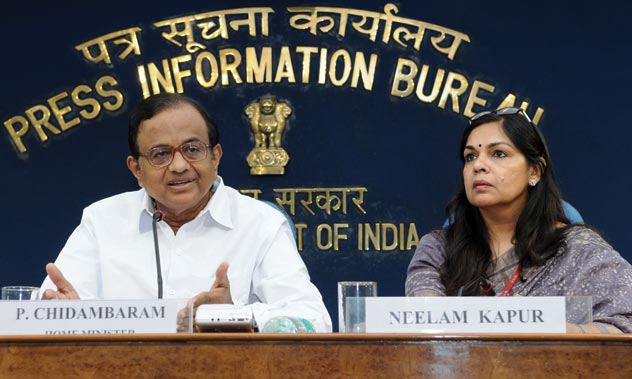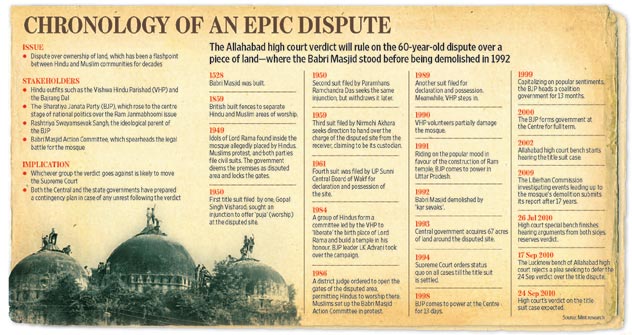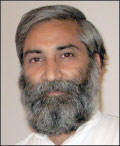|
|
|
ADVERTISEMENTS
|
|
PREMIUM
- HAPPY HOLIDAYS!
- Siliconeer Mobile App - Download Now
- Siliconeer - Multimedia Magazine - email-Subscription
- Avex Funding: Home Loans
- Comcast Xfinity Triple Play Voice - Internet - TV
- AKSHAY PATRA - Bay Area Event - Sat. Dec 6
- Calcoast Mortgage - Home Loans
- New Homes in Silicon Valley: City Ventures - Loden Place - Morgan Hill
- Bombay to Goa Restaurant, Sunnyvale
- Buying, Sellling Real Estate in Fremont, SF Bay Area, CA - Happy Living 4U - Realtor Ashok K. Gupta & Vijay Shah
- Sunnyvale Hindu Temple: December Events
- ARYA Global Cuisine, Cupertino - New Year's Eve Party - Belly Dancing and more
- Bhindi Jewellers - ROLEX
- Dadi Pariwar USA Foundation - Chappan Bhog - Sunnyvale Temple - Nov 16, 2014 - 1 PM
- India Chaat Cuisine, Sunnyvale
- Matrix Insurance Agency: Obamacare - New Healthcare Insurance Policies, Visitors Insurance and more
- New India Bazar: Groceries: Special Sale
- The Chugh Firm - Attorneys and CPAs
- California Temple Schedules
- Christ Church of India - Mela - Bharath to the Bay
- Taste of India - Fremont
- MILAN Indian Cuisine & Milan Sweet Center, Milpitas
- Shiva's Restaurant, Mountain View
- Indian Holiday Options: Vacation in India
- Sakoon Restaurant, Mountain View
- Bombay Garden Restaurants, SF Bay Area
- Law Offices of Mahesh Bajoria - Labor Law
- Sri Venkatesh Bhavan - Pleasanton - South Indian Food
- Alam Accountancy Corporation - Business & Tax Services
- Chaat Paradise, Mountain View & Fremont
- Chaat House, Fremont & Sunnyvale
- Balaji Temple - December Events
- God's Love
- Kids Castle, Newark Fremont: NEW COUPONS
- Pani Puri Company, Santa Clara
- Pandit Parashar (Astrologer)
- Acharya Krishna Kumar Pandey
- Astrologer Mahendra Swamy
- Raj Palace, San Jose: Six Dollars - 10 Samosas
CLASSIFIEDS
MULTIMEDIA VIDEO
|
|
|
|
|
SUBCONTINENT:
Troubling Verdict: Ayodhya Judgement
While the motivation behind the recent high court judgement on the Ayodhya dispute — an attempt to bring the feuding parties to a compromise — may be laudable, the verdict itself raises sobering questions, writes Sandeep Pandey.

(Above): Indian Home Minister P. Chidambaram addressing a press conference on the Ayodhya issue in New Delhi Sept, 29. Press Information Bureau director general Neelam Kapur is also seen. [PRESS INFORMATION BUREAU photo]
The U.P. High Court judgement on the Ayodhya dispute is being hailed as an ideal judgement which didn’t disappoint any of the parties to the case. Most importantly the fears that a judgement might spark off communal violence and for which the governments and administrations – at all levels – had braced themselves for, in retrospect proved to be misplaced. Peace prevailed as people listened to the judgement with utmost sincerity and demonstrated enough maturity by remaining inside their homes.
Everybody agrees that the judgement is based on faith. The judges intended to drive the parties towards a solution. From the point of view of an attempt to motivate the parties involved to arrive at a solution, this is a very good judgment.
But if it were to be analyzed from the point of view of conformity with the Constitutional values and the principles of justice, there are flaws in it. The most dangerous aspect of this judgement is that it has the potential to give rise to many such new disputes in future. The Buddhists have already made a claim on the Hindu temples which were built after destroying Baudh Vihars.
The Indian Constitution describes India as a clearly secular country. We cannot give precedence to one religion above another. But the Ayodhya judgement has relied on the faith of Hindus that Ram was born exactly at the spot directly below the main dome of the now demolished Babri mosque. Legal judgements are based on facts. It appears that concrete proof in the form of Babri mosque which was demolished on Dec. 6, 1992, and in which prayers were offered till 1949, has been given less importance than the faith of Hindus.
So, on one side we’ve concrete evidence of existence of a mosque and on another, in addition to the faith of Hindus, an inconclusive Archaeological Survey of India report which claims the remnants of a Hindu temple found during the excavation of the disputed site on orders from the court. The ASI report also mentions other things which were found at this site. But the manner in which it reaches at the conclusion of the existence of a Hindu temple at the site of Babri mosque before it was built is mysterious and indicates a prejudged mindset.
Even if we assume the existence of a Hindu temple at the disputed site before Babri mosque was built, it doesn’t automatically imply that this also happens to be the exact birth place of Ram. The court itself admits that it is a matter of faith. But how can the judgements of courts be based on faith?
In our country we’ve decided to honor the existence of a religious place as it stood on the day of our independence. In this case it appears that a Hindu temple which existed more than 500 years ago is being given more importance than a mosque which stood there till recently.
One of the judges has gone to the extent of saying that this judgement clears the way for construction of a grand Ram temple at the disputed site. It was a dispute over ownership of the place. The court had to also adjudicate on the idols of Ram temple which were surreptitiously placed inside the mosque on the night of Dec. 22/23, 1949. Whether a grand Ram temple was to be built at the site was not a matter for consideration before the court. The idea of construction of a Ram temple at the disputed site was conceived by some only in the 1980s. It is amusing that the court has maintained a discreet silence on matters on which it was supposed to give judgement and has given a ruling on matters outside the purview of the case.

By talking of construction of a Ram temple at the disputed site the judge has in one stroke justified the demolition of Babri mosque, on which a criminal case is still pending in the court. That is because of the fact that if the court believes that the disputed site is the birth place of Ram and one of the judges also thinks that a Ram temple should be built here then the Babri mosque had to make way for this proposed temple. It would have been interesting to see what the judge would have to say if the mosque still existed at the site. In this sense the judgement is no less than the judicial equivalent of the physical demolition of Babri mosque.
This dispute has been a tremendous setback for the country’s politics. Price rise, rotting of food grains outside government storage facilities, the agriculture minister’s statement that he would rather have it rot than distribute it to the poor, first the IPL and then the shameful Commonwealth Games scandals, the discontent of people of J&K and inability of the Government of India to find a solution to either this or the Naxalite problem, the numerous struggles of people to hold on to their land against the onslaught of corporatization of natural resources, the corruption of chief justices of the Supreme Court – all issues concerning the common people of the country were dominated by the fear of the fallout of the Ayodhya judgement. The fact that there was a fear of outbreak of communal violence upon the delivery of judgment goes to show that this issue has the inherent potential of violence. The nation has already suffered a lot due to violence on account of this mosque-temple dispute.
In reality, the claim that Ram was born exactly below where the middle dome of mosque stood is the cause of dispute. If we ask the common Hindu, on whose faith the judgement has relied, she may not insist on reclaiming the spot nor would like conflict over this issue. If the Hindutva organizations are really interested in building a grand Ram temple why can’t they do it at Karsewakpuram, a land possessed by VHP in Ayodhya? Would Ram be unhappy if his temple was not built exactly at the site where he was born? Or, would it mean that Hindus have compromised with their faith, which for the time being seems to have been hijacked by the Hindutva organizations? The real question is how much space the modern Indian democracy would allow for the abuse of religion for political purposes. When will we learn to say that religion and politics should be kept apart?
The Allahabad High Court judgement is not in conformity with the Constitutional value of secularism and neither is it in tune with principles of justice. It raises a question about the future of India as a secular democracy.
|
 Sandeep Pandey, a Magsaysay award-winning activist, is India editorial consultant for Siliconeer. Sandeep Pandey, a Magsaysay award-winning activist, is India editorial consultant for Siliconeer.
|
|
|
|
|
|